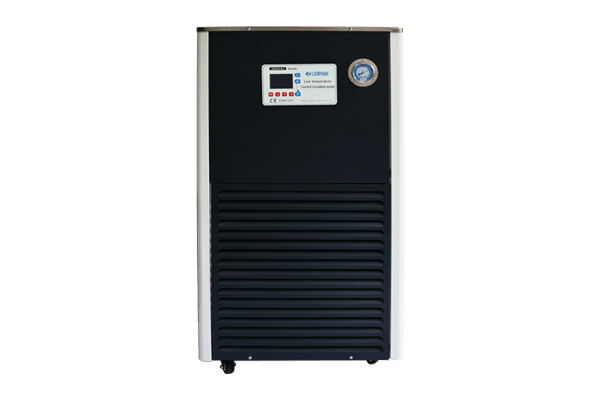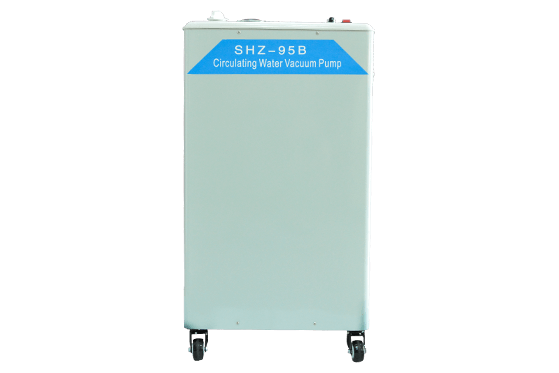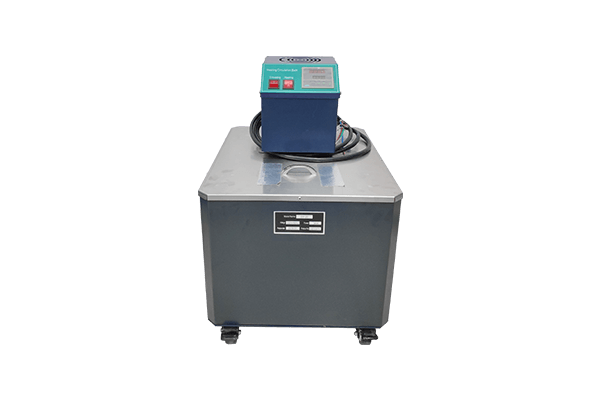What is a glass reactor?
glass reaction vessel is a piece of equipment used in chemical laboratories for conducting various chemical reactions. It is typically made of glass, which is resistant to corrosion and chemically inert, making it suitable for a wide range of reactions such as solution mixing, precipitation, and distillation.
Corrosion Resistance
Glass reaction vessels are made of a special type of glass that resists corrosion from various chemicals, ensuring durability and longevity.
Transparency
The vessels are transparent, allowing for easy visual monitoring of the reaction process and the formation of reaction products.
Control
They offer control over key parameters such as temperature and stirring speed, enabling precise manipulation of experimental conditions for optimal results.
Versatility
Glass reaction vessels can be used for a wide range of reactions, including those conducted under normal pressure, high pressure, and low temperature, making them highly versatile tools in the laboratory.
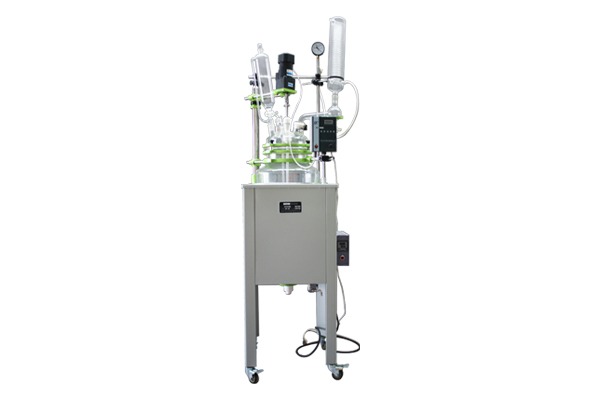
Single Layer Glass Reactor
1.Volume: 1L – 200L
2.Crystallization / Filtration
3.Stainless steel framework
4.Corrosion Resistance
5.Versatility
6.CE&UL & CSA Certified
Jacketed Glass Reactor
1.Volume: 1L – 150L
2.Crystallization / Filtration
3.Stainless steel framework
4.Corrosion Resistance
5.Versatility
6.CE&UL & CSA Certified
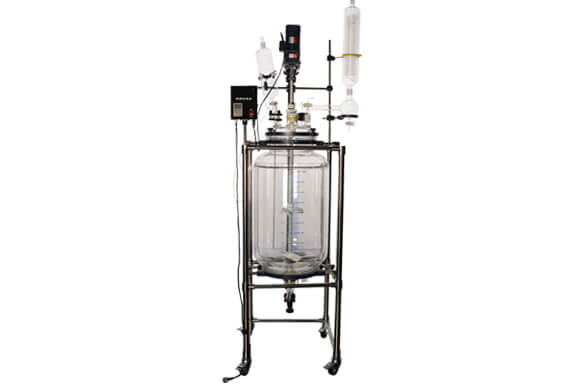
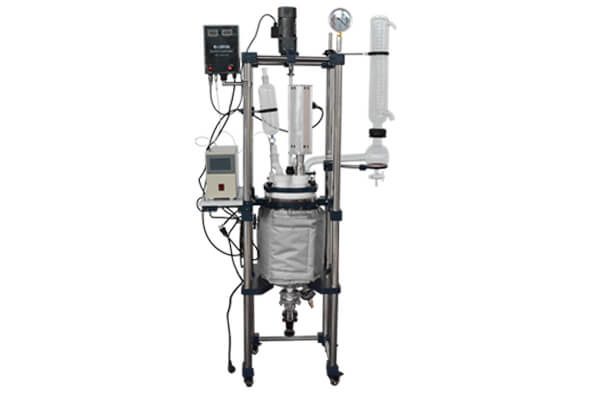
Ultrasonic Glass Reactor
1.Electronic stepless speed regulation
2.LCD digital display
3.Stainless steel framework
4.Corrosion Resistance
5.PT100 sensor digital display
6.CE&UL & CSA Certified
Crystallization Glass Reactor
1.Volume: 10L – 100L
2.Glass Material: GG-17
3.Vacuum Degree: -0.098Mpa
4.Frame Material: Stainless Steel
5.Reaction Temperature of Kettle Body: -80~250℃
6.CE&UL & CSA Certified
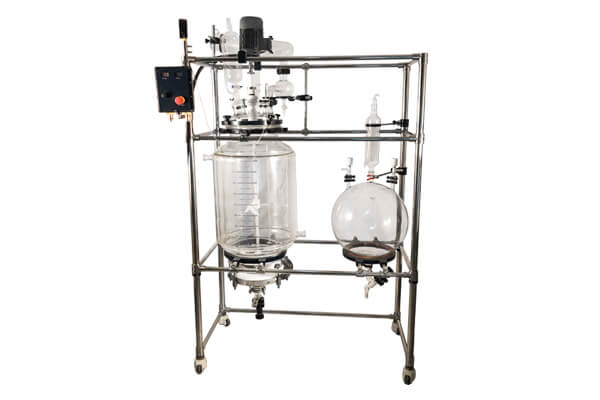
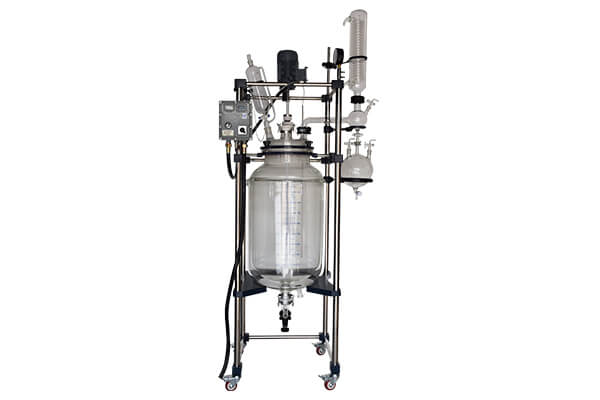
Decarboxylation Glass Reactor
1.Volume: 10L – 100L
2.Glass Material: GG-17
3.Vacuum Degree: -0.098Mpa
4.Frame Material: Stainless Steel
5.Kettle reaction temperature: -80~250℃
6.CE&UL & CSA Certified
Turnkey Package

